A modern nominating convention is quite a spectacle. In the era of presidential primaries, most of the substantive work is done well before the delegates arrive in the convention city. Policy platforms are written in advance. The nominees have their votes secured. And those who are speaking pretty much know what they want to say.
Yet this was almost not the case for Democrats this year. For one brief moment, after President Biden decided not to run and before the Democrats coalesced around Vice President Harris, it looked like the Convention might be more complicated than in years past. It took a few days for Harris to cement her support and for there to be no other candidates to contest her nomination.
But even when the identity of the nominee is a foregone conclusion, conventions go on and accomplish different goals. One of those objectives is to celebrate their past. This year, the Democratic Party has four living past presidents. While Jimmy Carter, at 99 years old, was not able to attend due to poor health, three others (Bill Clinton, Barack Obama, and Joe Biden) were there passing the torch to a new generation of Democratic leaders.
On the first day, President Clinton gave himself a birthday party attended by several hundred people who had worked for him in his eight years as president (including Elaine). In a voice raspier than it used to be, he reminded the aging crowd that “Everything is always about tomorrow,” a reference to his 1992 convention song by Fleetwood Mac. And he told us, “If you’re really proud of what you did in 1992, bring it home to victory.”
It was the perfect set up to the first night’s programming—a night of turning the page to the future and supporting new leaders.
Of course, it wouldn’t be a convention without protesters, and in the weeks before the convention, there was plenty of talk about 2024 Chicago becoming a repeat of 1968 Chicago—this time with protesters angry about the war in Gaza. So, Jordan went out to talk to the protesters.
He boarded one of the DNC shuttle buses at 4:00 p.m. CDT for what should have been a 15- to 20-minute trip over to the United Center intending to have a look at the demonstrations and maybe talk with some of the protesters outside the stadium for an hour and a half or so before entering the United Center. Instead, he found himself stuck in traffic on a shuttle bus with other attendees for well over two hours.
Seated in front of him was a security officer, and he heard over his radio that pro-Palestinian protesters had broken through the outer perimeter and police were preparing to deploy gas to disperse the crowd. The shuttle buses moving DNC attendees were halted in anticipation of this. Then after a roughly 30 to 40-minute pause, the buses were rerouted, resulting in bus jams along Interstate 290 and near the stadium entrance.
As convention attendees sat in these bus lines near the stadium, moving at a snail’s pace, reality began to set in that they might not even make it into the convention for night one.
The attendees began to ask the bus’s security guard if they could simply exit and make the 10-minute walk to the United Center. At first, they were flat out refused—orders were orders. But the riders did not stop and finally these words were said by security: “If y’all want to leave, I will not physically stop you.” Everyone then got up and simply exited the bus and made their way to the stadium where numerous long lines had formed. Word began to spread among the buses that people were getting off before the designated exit areas and soon crowds from the dozens and dozens of buses began to approach the stadium.
The next challenge were desperate line cutters. Groups increasingly began to move along the sides of the official lines, many claiming they had press passes. One woman begged to differ. It was Molly Jong-Fast, special correspondent for Vanity Fair and host of the podcast “Fast Politics.” Those in line discussed potentially forming a human wall to box out the groups of line cutters. Mind you, this line included not just press and attendees but members of Congress and their staff, all making their way through this chaos.
Several press photographers who had attended the RNC remarked, “We got our passes, and we went right in. But this is crazy. Never seen anything like it.”
Once inside, the delays from protesters were apparent. The stadium was noticeably empty, and it took hours more before it filled up. Viewers at home probably wondered why the night went so late. The start of the convention had to be delayed to get everyone in.
Upon Jordan’s arrival, there were only a few protesters still outside waving flags and, in some cases, shouting obscenities at the line of delegates. Inside the stadium, there were no disturbances until Biden spoke. Protesters in the stadium held up a banner reading “Stop arming Israel” before attendees quickly swarmed the protesters by holding up “We love Joe” signs, covering the banner before it was ripped away and the protesters removed. Several attendees were also spotted holding up keffiyehs in silence for the duration of Biden’s speech.
Convention attendees cover a banner reading “stop arming Israel” with “We <3 Joe” signs. Credit: Jordan Muchnick
But if you weren’t someone like Jordan, tasked by his boss to see the protesters, you wouldn’t have known there were any at all in the hall. This was definitely not 1968, where the riots outside were mirrored by the acrimony inside.
Finally, one more thing. In addition to the tribute to the past and the protesters, conventions typically are places where people spot new talent. In 2004, it was the young Senate candidate from Illinois, Barack Obama, who captivated the audience. Halfway through Monday night, Representative Alexandra Ocasio-Ortiz (D-N.Y.) got the crowd fired up in a speech that was, for the most part, pretty uncontroversial, sticking to the mainstream of the Democratic Party and praising the working class. In one of her more memorable quotes, she addressed Republicans who had told her to “go back to bartending” with the line “I’m happy to any day of the week because there is nothing wrong with working for a living.”
There also was Rep. Jasmine Crockett (D-Tex.), who delivered a passionate and very personal defense of Vice President Harris. Crockett spoke about doubting her “place” in Congress and arriving at the VP’s home for a reception, only to be comforted by the empathetic Harris who reassured her Crockett actually did belong and telling her not to let anyone question her credentials.
Of course, there are three more nights to come, and other new talent will emerge. Everyone knew that AOC was a young woman of talent, but she has been largely dismissed as a future leader because of her association with the far left of the party. A more moderate AOC might be someone to watch, as well as the other young speakers who spoke from the heart and demonstrated how deep the Democratic bench has become for future elections.
The Brookings Institution is committed to quality, independence, and impact.
We are supported by a diverse array of funders. In line with our values and policies, each Brookings publication represents the sole views of its author(s).

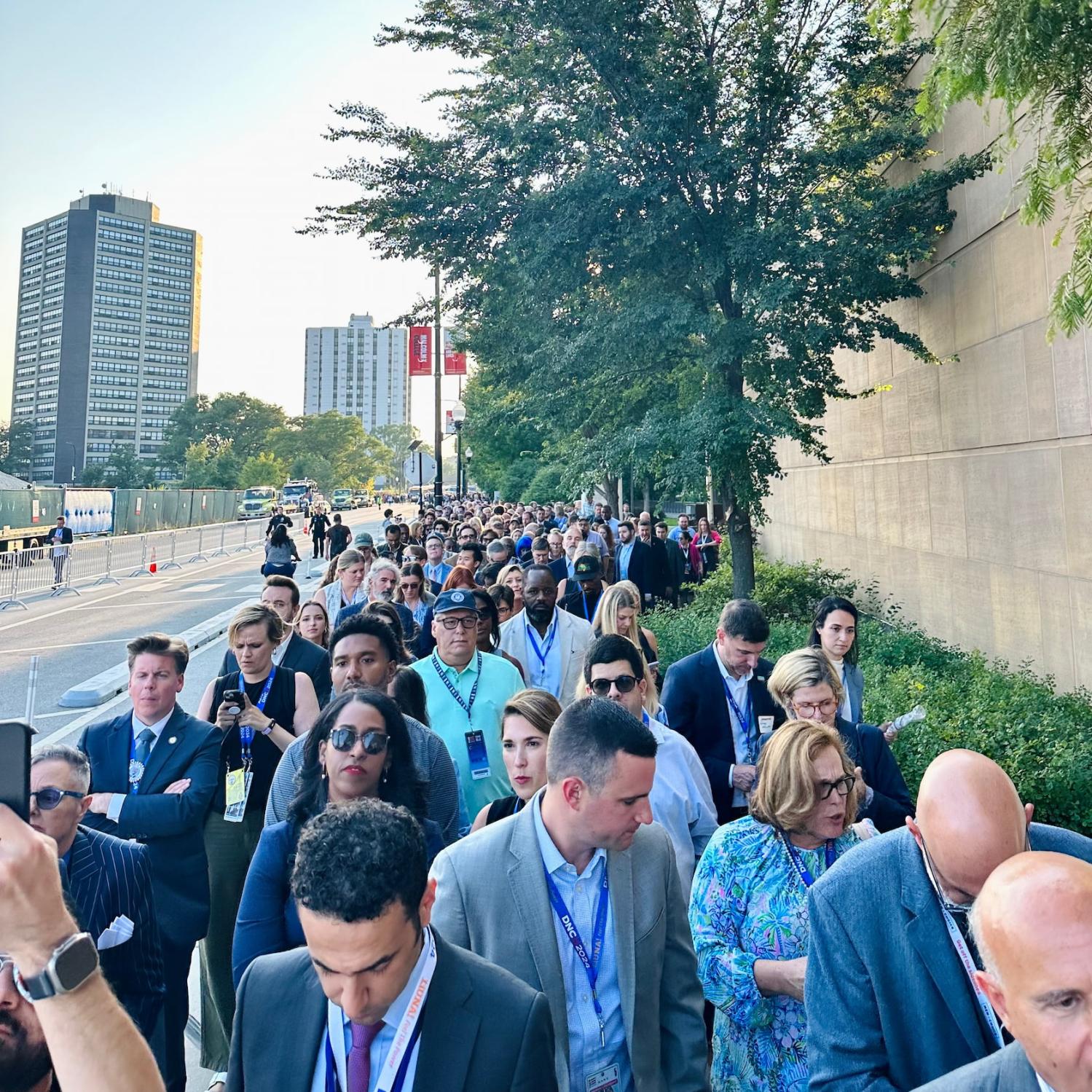

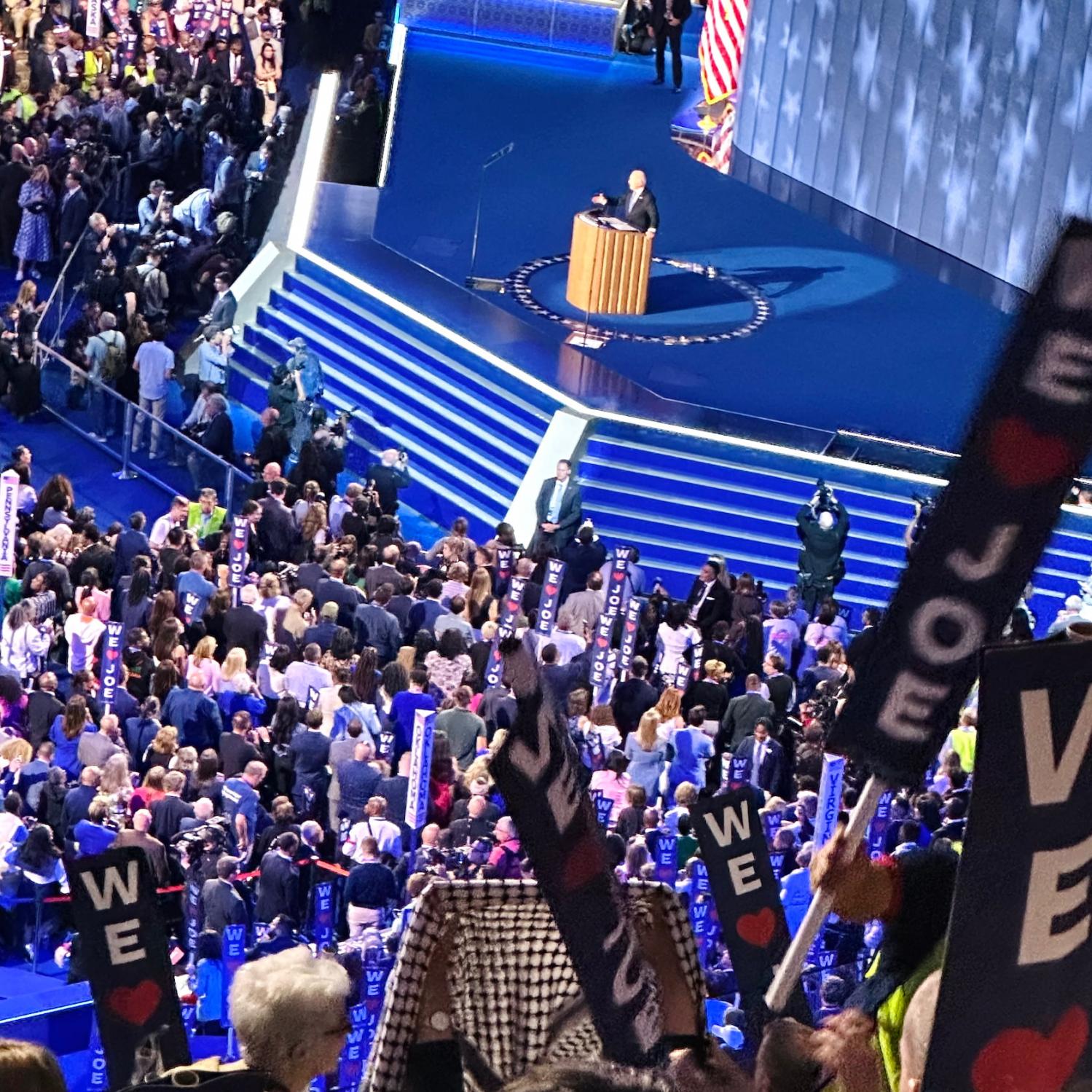
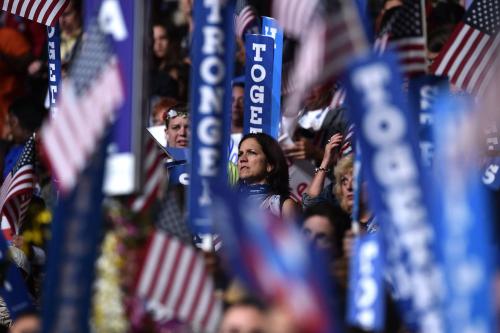
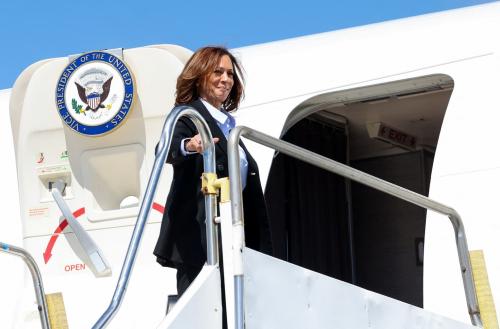
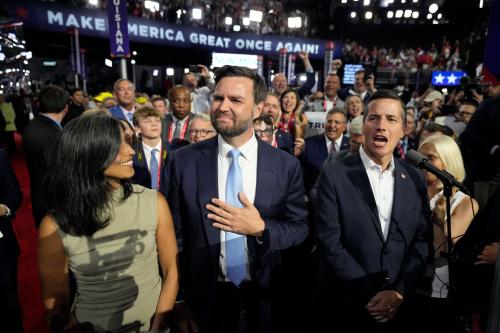

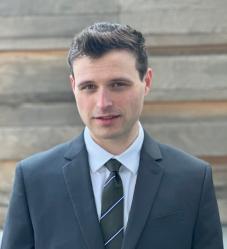

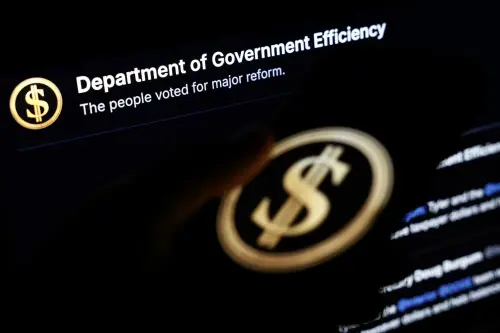

Commentary
Stuck in traffic and identifying new talent at the Democratic National Convention
August 20, 2024